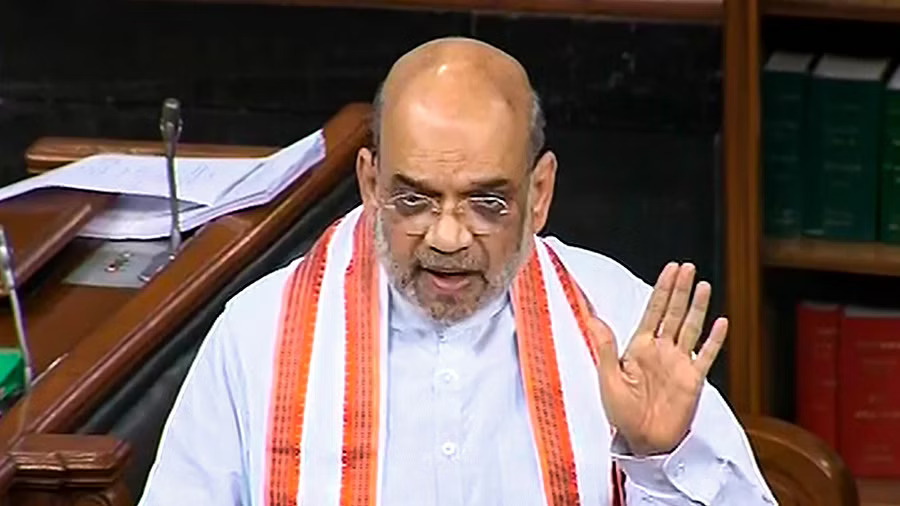The Indian government has introduced a set of new bills aimed at “Indianizing” the criminal justice system, with the goal of improving efficiency, transparency, and fairness. The proposed legislation seeks to address various aspects of the criminal justice process, emphasizing the incorporation of indigenous approaches to jurisprudence.
The bills, which were recently presented in the Parliament, include reforms targeting multiple components of the criminal justice system. These components encompass investigation procedures, evidence collection, trial processes, and victim support mechanisms.
The objective behind the reforms is to align the criminal justice system more closely with Indian values, traditions, and societal norms, while also ensuring that justice is delivered swiftly and equitably. The proposed changes are expected to streamline legal processes, reduce case backlogs, and enhance the overall effectiveness of the justice system.
Key features of the bills include provisions for alternative dispute resolution methods, restorative justice practices, and greater emphasis on victim rights. Additionally, the bills intend to harness technology to improve the transparency and accessibility of the judicial system.
The introduction of these bills is generating significant attention and discussion among legal experts, scholars, and stakeholders in the justice system. While proponents view the reforms as a positive step towards making the justice system more culturally relevant and efficient, critics raise concerns about potential challenges in implementation and the need to ensure that the rights of all parties involved are safeguarded.
In a statement, a government spokesperson explained, “The proposed bills are a reflection of the government’s commitment to providing a justice system that aligns with our cultural ethos, while also upholding the principles of fairness, transparency, and accessibility.”
Legal scholars are analyzing the potential impact of the proposed reforms on the criminal justice landscape. The focus on Indianizing the system raises questions about how traditional practices and modern legal principles can be harmonized to create a robust and just framework.
As the bills move through the legislative process, stakeholders and the public alike will be closely monitoring the discussions and deliberations. The outcome of these reforms could shape the trajectory of India’s criminal justice system, impacting not only the legal community but also society at large.









